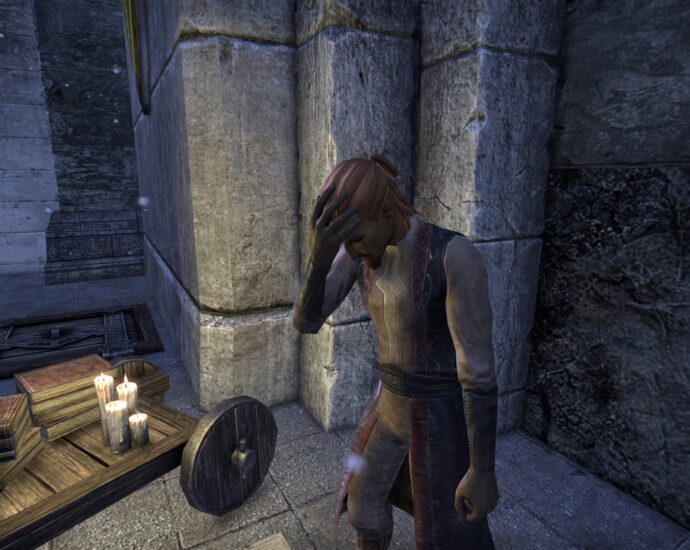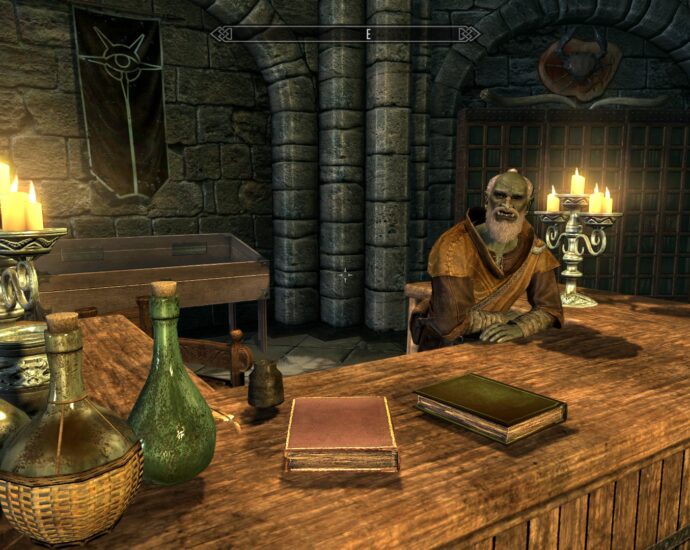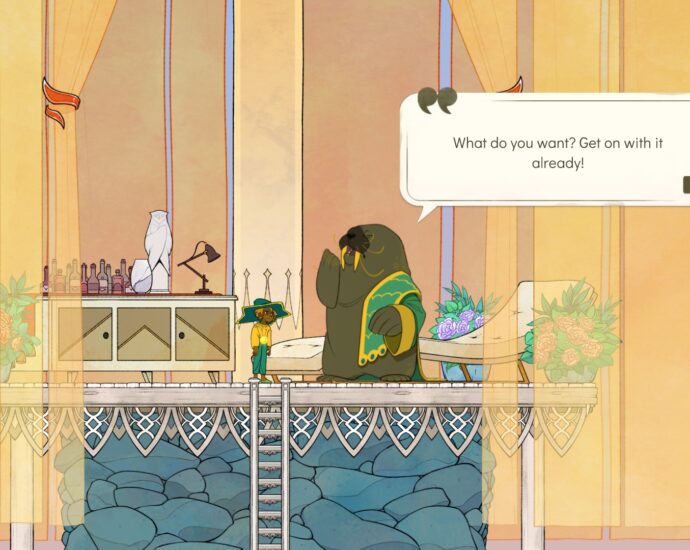“What if Napoleon had won?” – Designing Alternative History in a Victoria 3 Mod
Luo Chenchen is a master’s student in world history at East China Normal University, studying French history, public history and historical theory. He is deeply passionate about historical strategy games. He is committed to seriously examining the significance of counterfactual history for historical theory. [1] I saw the Emperor–this world-spirit–ridingContinue Reading










